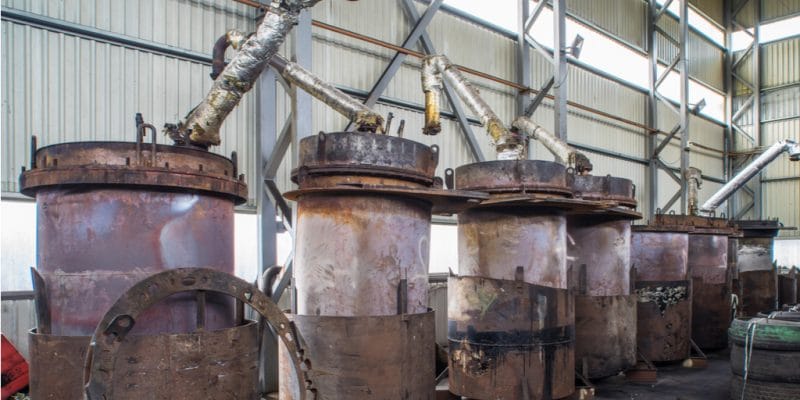Lesedi Nuclear Services has been appointed by Kibo Energy to build the EPC for the waste-to-energy plastics plants using pyrolysis technology in South Africa. Led by Kibo Energy, in partnership with the South African company Industrial Green Solutions (IGES), the project aims to produce over 50 MW of electricity.
Waste plastic energy plants will be built in South Africa. Lesedi Nuclear Services will implement a project that aims to produce more than 50 MW of electricity. Under the terms of the engineering, procurement and construction (EPC) contract, Lesedi Nuclear Services will use pyrolysis technology. The process involves heating plastic waste to over 400°C in an initial vessel to produce a synthesis gas. The substance is then used to power gas engines that generate electricity.
The company Newco Energy, majority owned by Kibo Energy, is developing the project in partnership with Industrial Green Solutions (IGES). The South African company owns 35% of Newco Energy.
Electricity sold to businesses
The waste plastic energy project will be implemented in phases. The first phase will involve the construction of four power plants, each with a capacity of 2 MW. Kibo Energy has already provided an equity loan of 11.15 million South African rand (about $796,000) to Newco Energy for the construction of the first 2 MW plant. The site of the work has not been disclosed, but Kibo Energy says the plant will be delivered in 16 months from the start date. The company says that a contract has already been signed with a plastic waste management operator to meet all fuel requirements for the project.
Read Also –
The electricity generated by the future plants will be sold to industries in South Africa, increasing their autonomy from South Africa’s state-owned utility Eskom. Kibo Energy, led by Christian Schaffalitzky, has also signed a 10-year power purchase agreement (PPA) with an industrial customer in the Centurion region of Gauteng province. The waste plastic-to-energy project will also bring the Rainbow Nation closer to its goal of reducing its dependence on coal by 50% by 2050. Currently, 90% of the country’s electricity is generated by coal-fired power stations.
Ines Magoum






